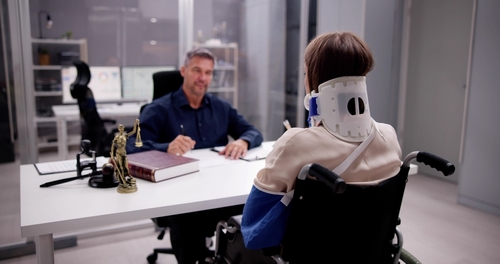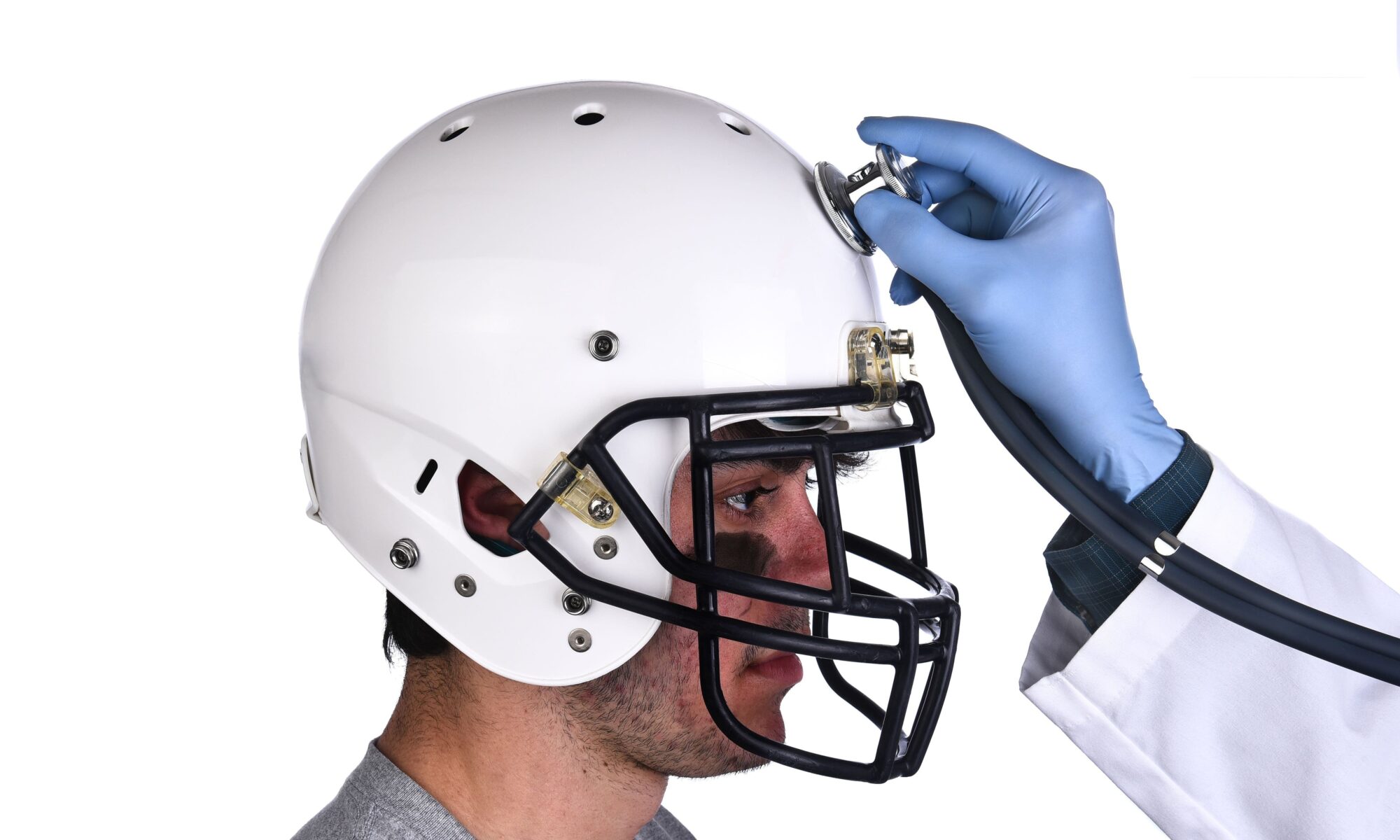Workers’ compensation is a critical safety net for employees who suffer job-related injuries or illnesses. In Illinois, as in many other states, the workers’ compensation system provides financial support and medical benefits to workers injured at work. Understanding the workers’ compensation claims process in Illinois is essential for both workers and employers, as it makes sure that injured employees receive the necessary assistance while protecting employers from potential litigation.
1. Report Your Injury to Your Employer
The first step in the Illinois workers’ compensation claims process is promptly reporting the injury or illness to your employer. You should notify your employer of the incident or condition as soon as possible, or within 45 days. Failing to report the injury within this timeframe can jeopardize your eligibility for workers’ compensation benefits in Illinois.
2. Seek Medical Treatment
After you have reported the injury, you should seek immediate medical attention. Keep in mind that your employer may have a list of approved healthcare providers, or you can choose your own if your employer does not have a Preferred Provider Program (PPP). Make sure that you inform the healthcare provider that your injury is work-related, as this information is crucial for documenting your case.
3. Notify Your Employer
In addition to reporting the injury, you must notify your employer of your intention to file a workers’ compensation claim. This notification can be verbal, but it is advisable to provide a written notice to ensure a clear record of your intent.
4. File a Claim with the Illinois Workers’ Compensation Commission (IWCC)
If your injury or illness results in time off work or medical expenses, you can file a claim with the IWCC. It’s important to file the claim promptly, as specific deadlines are involved. The IWCC will review your claim and may schedule a hearing to resolve any disputes.
5. Employer’s Role
Once you report the injury, your employer must complete a First Report of Injury (FROI) form and send it to the workers’ compensation insurance provider. This initiates the claims process. Your employer should cooperate with the insurance company and provide any necessary information.
6. Insurance Company’s Evaluation
The workers’ compensation insurance company will initiate an investigation into your injury claim. This investigation includes reviewing medical records, statements from you and your employer, and any other relevant documents. The insurance company will determine whether to approve or deny your claim.
7. Benefit Eligibility
If your claim is approved, you may be eligible for various workers’ compensation benefits, including:
- Medical Benefits – Coverage for all necessary medical treatment related to your injury or illness.
- Temporary Total Disability (TTD) – Compensation for wage loss while you are unable to work due to your injury or illness.
- Permanent Partial Disability (PPD) – Compensation for permanent impairments resulting from the injury.
- Vocational Rehabilitation – Assistance in finding new employment if you can no longer perform your previous job due to the injury.
8. Appeals Process
If your claim is denied or if you disagree with the insurance company’s decision, you have the right to appeal. The appeals process may involve a hearing before an arbitrator or commissioner at the IWCC. It is advisable to consult with an experienced Illinois workers’ compensation attorney if you find yourself in this situation.
Illinois’s workers’ compensation claims process is designed to provide injured or ill employees with essential financial support and medical care while protecting employers from lawsuits. Understanding the process and following the necessary steps is crucial for a successful claim.
If you encounter challenges during the process or if your claim is denied, seeking legal counsel from our experienced Illinois workers’ compensation lawyer will help you through the complexities and ensure you receive the benefits to which you are entitled. Workers’ compensation is a critical resource for injured employees, and understanding the process is key to securing the assistance you need during a challenging time.
Speak With Our Experienced Antioch Workers’ Compensation Lawyers
Seeking guidance on your workers’ compensation claim in Illinois? Robert Edens, P.C. is here to help. Call our Antioch workers’ compensation lawyers at Robert Edens, P.C. at 847-395-2200 for your free case consultation. Let our experienced team assist you in securing the worker’s comp benefits you deserve. We are here to advocate for your rights and provide the support you need during this challenging time.






